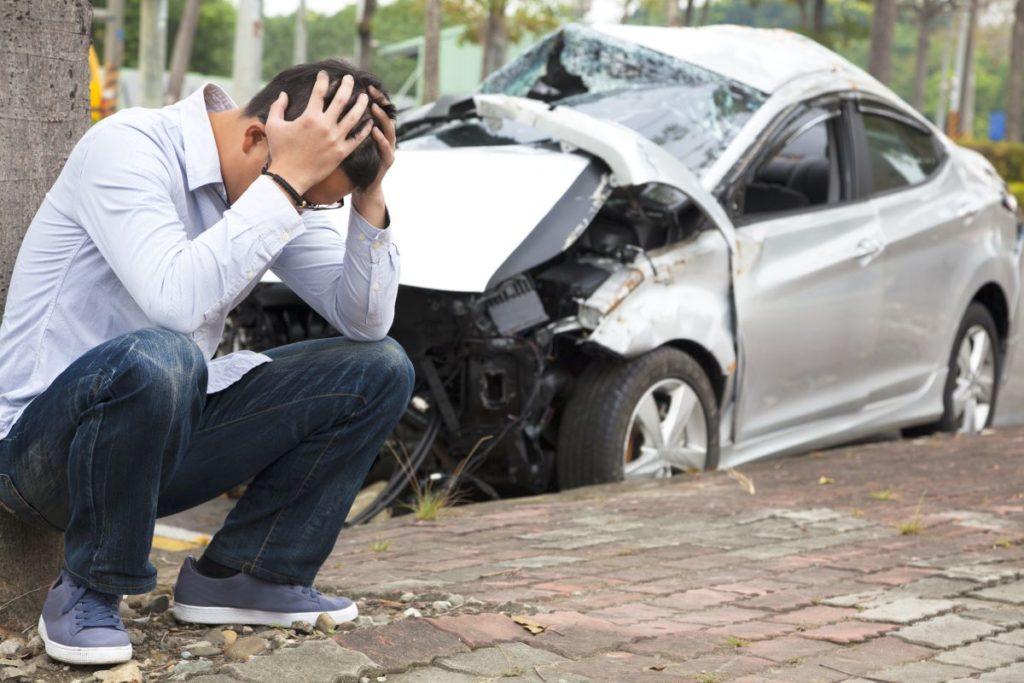About 30% of jobs in the United States require driving, putting employees at risk of crashing a vehicle no matter what kind of vehicle they’re using or the job they’re working. In 2019, more than 100 workers died on the job every week, totaling 5,333 work-related deaths that year, with car accidents being one of the main causes. This has also caused vehicle accident claims to become the second most expensive type of claims for businesses.
While following traffic signs and being cautious while on the road can help avoid road accidents, many external factors can still cause them to happen. And whether you’re an employer or employee, knowing what to do after a vehicular accident involving a company vehicle can help make the process easier and less stressful for you and all the other parties involved.
Determining Liability
Car crashes are a complicated process. Besides having to think about insurance or determining whoever is at fault, either party may become injured due to the accident. If either party is injured, you may want to delay any discussion or settlements until the other party is recovered. However, determining who is at fault when it comes to a work-related accident involving a company vehicle can depend on different factors, making things complicated.
For instance, if the driver of the company vehicle caused the accident due to negligence and accidentally rear-ends a car while it’s at a red light, this means that the driver is at fault. On the other hand, if the driver of the company vehicle was the one that was rear-ended, then that makes the other party at fault. In some cases, accidents can be caused by mechanical failure due to poor maintenance, which doesn’t make the driver but the employer liable for the damages sustained. This is because the vehicle doesn’t personally belong to the driver, and it’s the employer’s responsibility to keep the car well-maintained.
Deciding Who is Going to Pay
Once you’ve settled who among those involved are responsible, the question you need to ask is: who is going to pay for the damage? If the employee is at fault but was within their scope of duties at the time of the accident, the employer’s insurance company will pay for it. On the other hand, if the other driver is at fault, their insurance company will take responsibility. If the driver used the company vehicle outside their scope of duties, they would likely pay for the damages.
In some cases, it’s around this time when the party at fault may try to evade the settlement by not answering calls or not paying what is owed. At times like this, the affected party may consider getting in touch with a lawyer specializing in car accidents to provide advice and assistance when something like this happens.
Knowing What Kind of Coverage You Have
Another factor that can make this type of situation more difficult is jurisdiction. Laws can differ depending on which state you’re in, so it’s important to know what type of insurance coverage your employer has and educate yourself about the procedures that cover these types of situations.
How to Prevent Work-Related Vehicular Accidents
The best way to avoid difficult situations and accidents is by being careful on the road and making maintenance a priority.

Keep One Hand on the Steering Wheel
Distractions that make you take your hands off the steering wheel are a recipe for disaster. Keep your hands on the steering wheel at all times, and if you ever need to reach for something, make sure you keep one hand on the wheel. You never know when a car might suddenly come out of nowhere.
Perform Maintenance Regularly
Vehicular failure is avoidable through regular maintenance. Remember to have the oil changed, batteries checked, and tires inflated regularly.
Don’t Tailgate
Leave a three-second gap between you and the driver in front of you. It also helps to leave earlier to avoid rushing and speeding to make a delivery or an appointment on time. As tempting as it may be to speed up when you’re trying to make it to a certain appointment, tailgating can cause accidents, and getting where you need to be on time isn’t worth the cost of possible damages.
Car accidents are a hassle to experience, and they take up a lot of time, money, and patience to be settled. But with road safety in mind, you can lower the chances of accidents happening and save yourself the hassle and stress.
